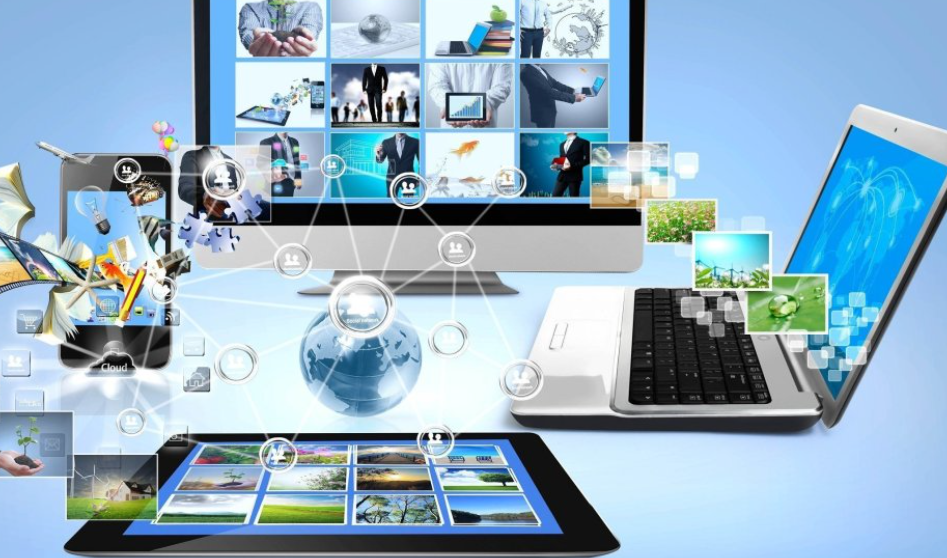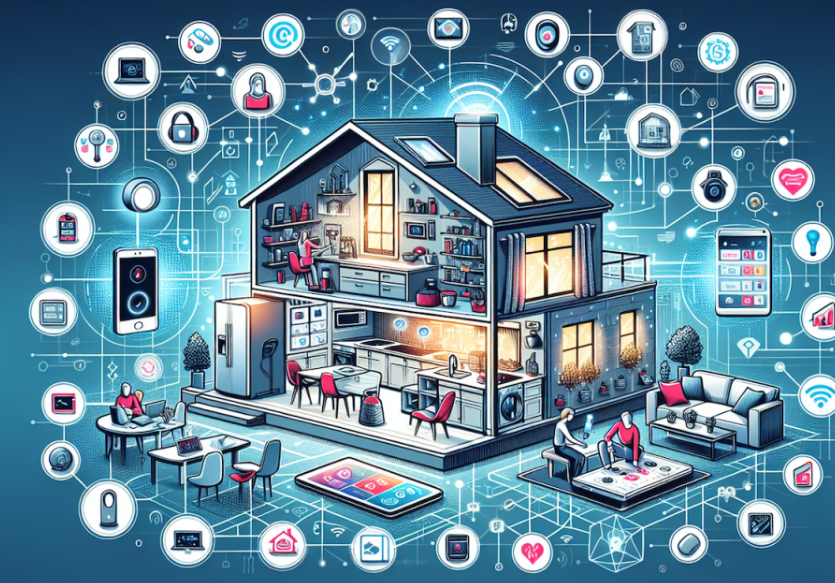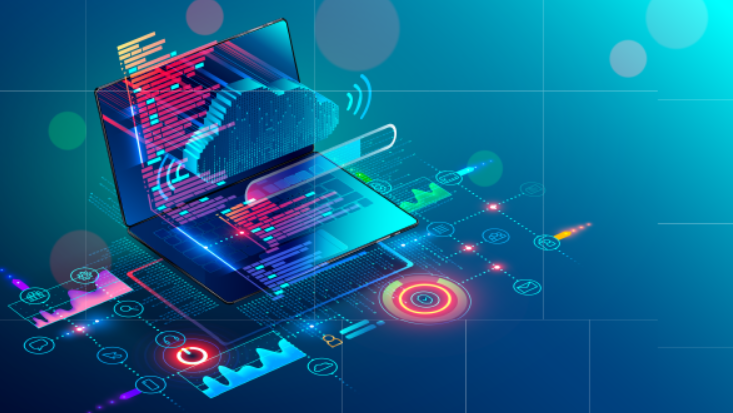The modern world is heavily dependent on technology, which has an impact on almost every aspect of daily life and business. Its rapid innovation continues to drive economic growth, transform global societies, and alter how individuals engage with their environment. The foundations of technology are examined in this article, along with its various forms, purposes, significant subfields, and concepts.
What is Technology?
Technology is the collection of devices, frameworks, and practises that humans solve their problems and improve their capabilities. It Includes the practical application of scientific knowledge across a wide range of businesses, from advanced robotics to agriculture. In short, technology acts as a medium via which theoretical knowledge is applied to practical issues and to solve real-world problems.
Features of Technology
The following characteristics define technology:
invention:Technology is really about innovation. It entails ongoing advancements and creative problem-solving for both established and emerging difficulties.
Usability: For technologies to be successfully implemented and extensively used, they must be easy to use, accessible, and efficient.
Scalability: Robust technology can grow to accommodate bigger requirements without requiring extensive retooling, allowing it to support small businesses.
Interconnectivity: Systems that can interact and communicate with one another are a common feature of modern technology, improving functionality and user experiences.
Adaptability: Technologies have a tendency to last longer and have greater influence when they can swiftly adjust to changing conditions or requirements.
Types of Technology
There are various broad categories of technology, such as (but not restricted to):
Information Technology (IT): This category includes communications and computing that are used for data storage, administration, and exchange.
Health Technology: Medical equipment, techniques, and software created to enhance healthcare are all considered to be part of health technology.
Educational Technology: Tools and resources that improve educational results and learning experiences are referred to as educational technology.
Industrial Technology: Industrial technology is the development of tools and software to increase the productivity and efficiency of industrial and manufacturing processes.

The Key Subfields of Technology
Among the many subfields that make up technology, some of the most important ones are:
Artificial Intelligence (AI): Artificial intelligence is the process by which machines, particularly computer systems, mimic human intellectual functions.
Biotechnology: Biotechnology is the study of manipulating biological systems or creatures to create goods that improve human life.
Nanotechnology: Nanotechnology is the industrial manipulation of matter at the atomic, molecular, and supramolecular scale.
Renewable Energy Technologies:Technologies for renewable energy sources, such as solar and wind power, are being developed and improved.
The Key Concepts in Technology
Several fundamental ideas must be understood in order to fully understand technology:
Automation: Automation is the process of using machinery or systems to carry out operations that would normally need human involvement.
Efficiency: Efficiency is a metric used to describe how well technology uses resources to produce a desired result.
Sustainability: is the process of developing technology without endangering natural systems or depleting resources.
Cybersecurity: The defence against cyberattacks of hardware, software, and data in internet-connected systems.
Why is Technology So Important?
Technology is essential for a number of reasons:
Economic expansion: Innovation and industrial expansion are propelled by technology, which also boosts productivity and creates jobs.
Social Connectivity: More effectively than ever before, technology unites individuals worldwide by bridging geographic and cultural gaps.
Health Improvements: Millions of people now live longer and have better quality of life because of medical technological advancements.
Environmental Sustainability: Technology offers resources for managing, safeguarding, and keeping an eye on the environment.
How is Technology Used in Daily Life?
Some of the common uses of technology are:
Communication: Email, social media, and smartphones have completely changed how people interact.
Transportation: Technology has completely changed the way we travel, from GPS navigation devices to ridesharing apps.
Home management: Through automating and monitoring domestic settings, smart home technologies improve security and comfort.
Entertainment: Two of the most popular examples of technology used for fun and relaxation are gaming platforms and streaming services.

Conclusion
In conclusion, technology has a major impact on every aspect of modern life. It has a great contribution in creating applications and integrating technology into our daily lives. Technology has demonstrated its greatness as a key element of human existence by improving global connectivity, enhancing economic growth and enhancing life.
